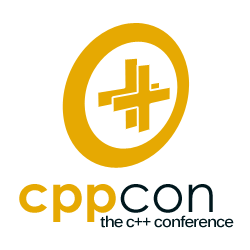ZAPCC compiler is now available under Open Source -- Ceemple
The company Ceemple just released their C++ compiler under Open Source license.
Zapcc compiler open source now available
by Ceemple
About the compiler:
Zapcc is a newer C++ compiler that goes for
- Faster Builds: Significant compilation speedups for heavy templated C++ headers such as ScyllaDB, Webkit, LLVM
- Clang/LLVM Based: Zapcc is based on clang and frequently updated from the latest svn
- Full Linux Support: Zapcc currently supports Linux x64, Windows x64 support with mingw-w64 is experimental
- Drop-in Replacement: Zapcc is a drop-in replacement for clang and gcc, and supports all build system



 Have you registered for CppCon 2018 in September?
Have you registered for CppCon 2018 in September?